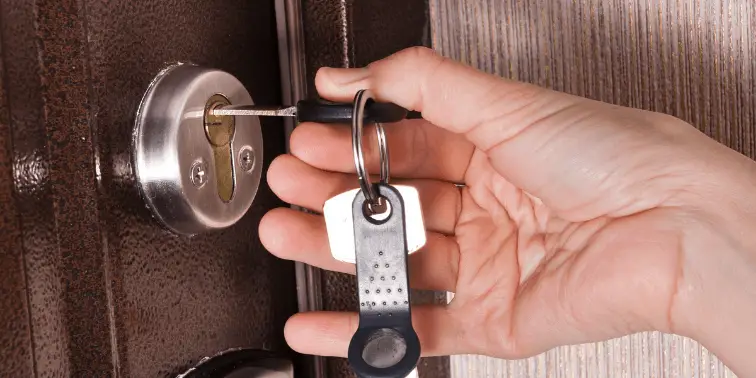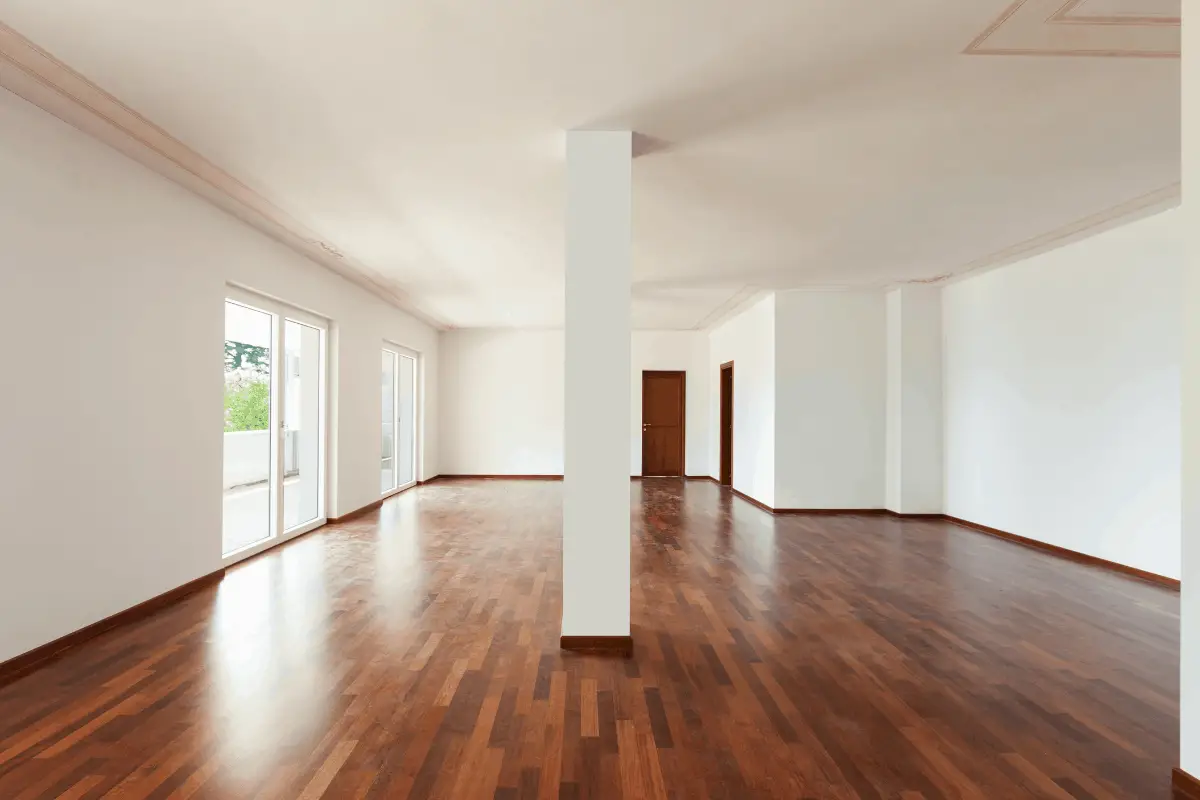Real estate agents say “broom clean” is the condition in which you should vacate the home you’re selling. But “broom clean” doesn’t mean all that clean—unless, of course, you’re very conscientious. No one should move into a new home without a thorough cleaning, though, so be prepared to do some cleaning before moving in.
Sellers occasionally request extensions to their occupancy (often because they’ve had the same thing happen with their new homes). So, if it was a long-distance move, be prepared for a few extra nights of lodging and maybe some storage fees for the stuff you brought in the moving truck.
And what about getting your new home ready to move in? The devil is in the details: how you get the place ready to move-in without knowing its current condition and when you will have access to it. You see, regardless of contractual paperwork completion, not all homes are vacated by the time the buyers or renters arrive.
Table of Contents
Possible Access Scenarios
If you’re a first-time renter or homebuyer, you need to understand the importance of aligning your arrival with your closing date or the start of the rental agreement. If you do this successfully, it should be a few days before your belongings arrive, giving you a mostly empty home to clean.
Of course, as we all know, cleaning is a lot harder when there’s furniture.
When you’re negotiating a rental contract or making an offer on a property, you should establish a date to take possession of your new home. Remember to give yourself enough time to hire movers (if that’s your plan), pack for the move, and take care of all the pre-moving tasks.
Also, stay in touch with your real estate agent to be sure things are proceeding as planned.
Even with that help, things still could go wrong with the current occupants, causing a delay. If you’re amenable, consider asking them to pay rent for the extra days. Doing this will help them with their situation while also deterring them from overstaying their welcome.
Hopefully. At some point, you need to move into the home you bought or rented.
In extremely rare instances, you might find an obstreperous tenant or homeowner refusing to leave. Should this happen, it’s best to work with a real estate agent and retain legal counsel, especially if the situation doesn’t improve. Let’s hope nothing like this ever happens to you!
And speaking of things that might wrong…
Don’t Forget to Change the Locks

Before thinking about cleaning your new home, if you’re the owner, call a locksmith first. Your real estate agent probably can refer you to a good one. You have no idea how many people might have had access to the premises in the past, and you certainly don’t want anyone to cause trouble now.
Plus, it’s wise to have locks replaced periodically, no matter what. And today’s “smart” security and locking technologies offer benefits and convenience. You won’t find these in older locks. Still, if you’re not ready for smart locks, think about getting mortise locks to secure your home.
There are pros and cons, but mortise locks are generally stronger than cylindrical locks.
Do a Thorough Re-Inspection
Here’s a little story:
A couple of months after buying our current house, we noticed a water stain on a ceiling immediately below an upstairs bathroom. “oh, no!” we thought, and immediately called a plumber. It turns out that someone had placed an empty margarine container under a poorly fitted drain to catch the drips.
“Couldn’t they have just adjusted the drain alignment??”
We mention this as advice to new homeowners to expect the unexpected and do a very comprehensive walk-through without pressure from a real estate agent, home inspector, or others. We actually found several problems with our new home and wish we had checked it out immediately after the closing.
Then, at least we could have spared ourselves further damage.
What if you’re new to the area and need to hire for home services? Many real estate agents keep lists of trusted contractors and other service companies. And asking your new neighbors for recommendations could be a good way to get to know them. As the saying goes (sort of), “A neighbor in need is a grateful neighbor indeed.”
How to Clean Your New Place
Your new home might startle you with its overall cleanliness.
If not, don’t be surprised. Consider it a normal situation, where the former occupants were either sloppy or in a hurry to leave (maybe to attend the closing for their new home). We’ve always found that things like floors and countertops are pretty clean, it’s things like closet shelves and the insides of drawers and cabinets that really need done.
If this happens, just get to work, making sure all is as you want it. Of course, you do have options as to how you’ll clean.
The DIY Clean
Whether your stuff has arrived or not, taking the rooms or parts of the home one at a time is the way to go. Then, you can feel confident every space has been scrubbed until it sparkles before moving on to the next one.
And if your belongings already arrived, keep them clustered out of the way, still in boxes, until the rooms are ready for what goes in them.
Hire Cleaning Professionals
If you have the available cash and need a quick but thorough cleaning job, hire those who clean for a living. That way, you won’t need to keep running to the store for more supplies (as many new homeowners do). Many also clean carpet. Plus, you won’t be exhausted at day’s end.
The Ideal Time to Paint

Painting is messy but often needed in a new home. So why not do it before there’s any furniture to cover or wall art to remove? Sure, painting involves cleanup, but if you put the drop cloths on the floor, most of the stray paint will land there.
And be sure to mask the ceiling and trim unless you’re painting those too.
DIY Painting
Doing your own painting can save a lot of money and give you a sense of deep satisfaction when it’s finished. Do you want to take this on at the same time you’re moving into a new home, though? Besides, if you’re an amateur painter—and already tired from packing and moving—you might make some regrettable mistakes.
Bring in the Pros
Why not hire professional painters? You’ll probably need to book well in advance, so start vetting painters as soon as you’ve closed on the home or signed a rental agreement (provided, if your renting, your landlord doesn’t object to your painting the place).
How’s the Yard?

Your new yard might be your lowest priority when settling into a house, but it’s essential, nonetheless. That’s especially true if the yard was neglected before you moved in. Clearing it of junk and debris will please the neighbors.
Eventually, putting in gardens and some effort at landscaping will make them ecstatic! Some might even stop by to compliment your work.
More likely, you’ll motivate them to match your efforts in their yards.
Are You Ever Really Moved In?
Going on three years in our “new” house, we still have boxes to unpack. They’re sitting in the basement, and we touched them only when water seeped in through the floor. In fact, we have some boxes that haven’t been opened for two or three moves now. So we’re in for some surprises when we finally open them!
Some people take whole lifetimes to settle into their homes.
Then, when they finally move (often to retirement communities), we know there’s boxed stuff they don’t even remember. But we know they kept it for reasons of comfort. And that’s what matters when you’re unboxing for a new home that’s ready to move in. And live in.

